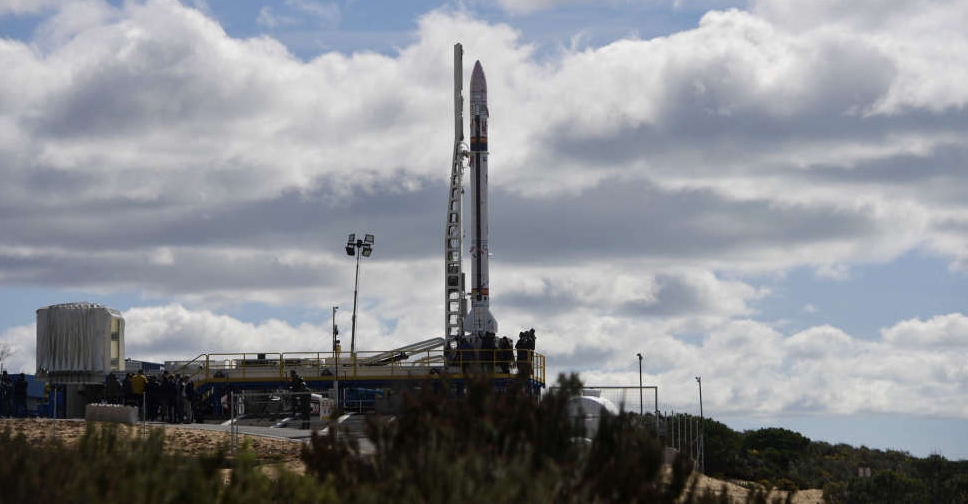
Spanish startup PLD Space aborted a test launch of its reusable Miura-1 rocket at the last moment early on Saturday in the latest setback to European attempts to develop mainland launch capacity for small payloads.
Images showed that the launch in Huelva in southwest Spain was scrubbed after the countdown had reached zero, with flames and smoke briefly shooting sideways from the launchpad.
Raul Torres, CEO and co-founder of PLD Space, said in a statement that: "99.9% of all processes have been successful. Launching a rocket is very difficult, but we are getting closer and closer. We will try harder again."
The launch was halted after not all the "umbilical cables in the avionics bay were released," the company said.
The suborbital mission from a military aerospace research centre would have been the first of its kind in Western Europe.
Europe's efforts to develop capabilities to send small satellites into space are in focus after a failed orbital rocket launch by Virgin Orbit from Britain in January. That system involved releasing the launcher from a converted Boeing 747.
PLD Space's Miura-1 rocket, named after a breed of fighting bulls, is as tall as a three-storey building and has a 100-kg (220-pound) cargo capacity. It can also be used to carry out zero-gravity experiments.
An earlier attempt to carry out a suborbital test mission in late May was postponed due to strong high-altitude winds.
The setback at the smallest end of the size scale came hours after the postponement of the last-ever launch of Europe's largest, the premier Ariane 5 space launcher, from Kourou in French Guiana.
Operator Arianespace said it had discovered a "risk to the redundancy of a critical function" and had decided to postpone the roll-out.
Analyses are underway to determine a new launch date, it said on its Twitter feed.
The end of Ariane 5 will leave Europe without autonomous access to space for several months after the Ariane 6 successor was delayed.
The smaller Vega-C has been grounded following a failed launch in December, and Russia withdrew access to its Soyuz programme in a rift with Europe over Moscow's invasion of Ukraine.
The European Space Agency has transferred two launches to Elon Musk's SpaceX, including next month's deployment of the Euclid space telescope, designed to explore the dark Universe.




 Powerful winter storm shuts schools, disrupts travel across US Northeast
Powerful winter storm shuts schools, disrupts travel across US Northeast
 At least 19 killed in Nepal bus crash
At least 19 killed in Nepal bus crash
 Mexican military kills cartel boss 'El Mencho' in US-backed raid
Mexican military kills cartel boss 'El Mencho' in US-backed raid
 Afghanistan says Pakistan strikes kill and injure dozens
Afghanistan says Pakistan strikes kill and injure dozens



